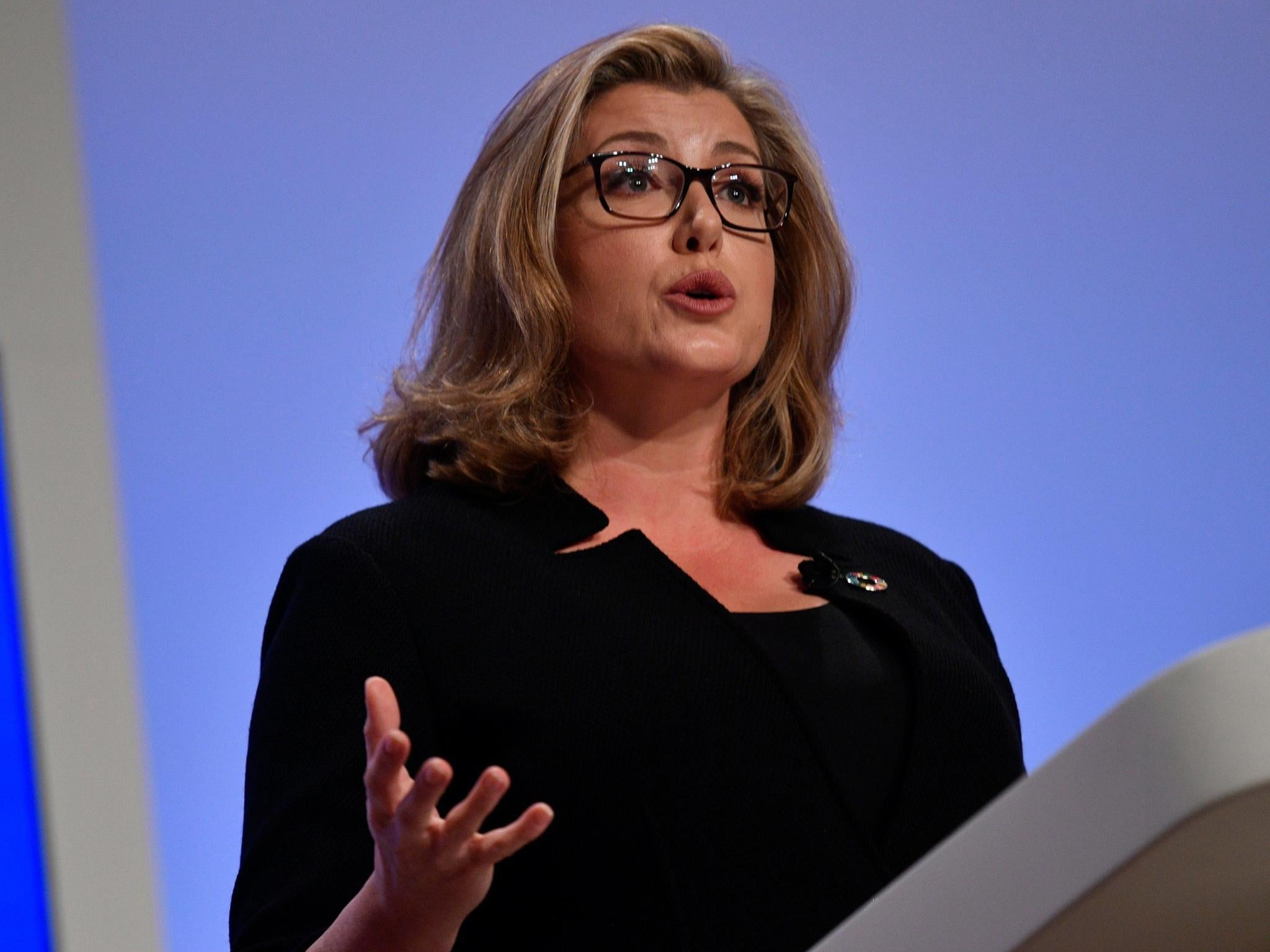Learn to Live: Government announces £11m extra for child victims of war after our campaign
The money will help more than 12,000 Syrian refugee children and their families in Lebanon and Jordan

The government will spend an extra £11m to help boost the mental health of refugees who have been left traumatised by war, it was announced on Wednesday.
It comes the day after our Learn to Live campaign petition was delivered to Downing Street, calling on the government to better support children who have been caught up in conflict.
International development secretary Penny Mordaunt announced an extra £6.1m to provide mental health and psychosocial support for refugees living in Jordan, and a further £5m for Syrian refugee children and their carers living in Lebanon.
The money will help more than 12,000 refugee children and their families in the areas.
Ms Mordaunt said: “Every day millions of innocent children around the world experience unimaginable horrors because of war. As well as food, shelter and education, these children need mental health and psychosocial support – such as safe spaces – to help rebuild their lives, receive the opportunities they deserve and help shape their countries’ futures.
“That’s why UK aid will deliver an education programme and provide psychosocial support for a further 10,000 Syrian refugee children and their carers in Lebanon, as well as providing specialised care to 2,400 children affected by trauma in Jordan. It’s now time for others to follow our lead and help heal the mental scars of war so these children can look forward to their tomorrow.”
The Learn to Live campaign, which draws to a close this week, has inspired hundreds of schools in Britain to link with schools in warzones to understand and help heal the trauma suffered by young victims of conflict.
More than 12,000 people signed the petition calling on Theresa May and other world leaders to increase funding to support the mental health and emotional needs of children affected by conflict.
Rob Williams, chief executive of War Child UK, The Independent’s partner in the Learn to Live campaign, said: “At War Child we see every day the life-changing impact that psychosocial support can have. Providing children with the tools to understand and cope with their experiences is key to building resilience and helping these children have a brighter future. It’s fantastic that the increased awareness through the Learn to Live Campaign means that thousands of children will now have access to this crucial support.”
The £6.1m that was today pledged for Jordan will go to the International Medical Corps (IMC) to provide mental health and psychosocial support for refugees and vulnerable Jordanians. The programme will run until 2021.
Many refugees in Jordan experience mental health problems but stigma often prevents people coming forward for treatment. Nevertheless, Jordan is unable to keep up with demand as there are very few registered psychologists and psychiatrists, and only one child psychiatrist in the public health system in the country.
Currently the UK gives £60m to Unicef in Lebanon, and the extra £5m announced today will be in addition to this. The money will be used to deliver an education programme and provide psychosocial support for a further 10,000 Syrian refugee children and their carers.
Join our commenting forum
Join thought-provoking conversations, follow other Independent readers and see their replies
0Comments